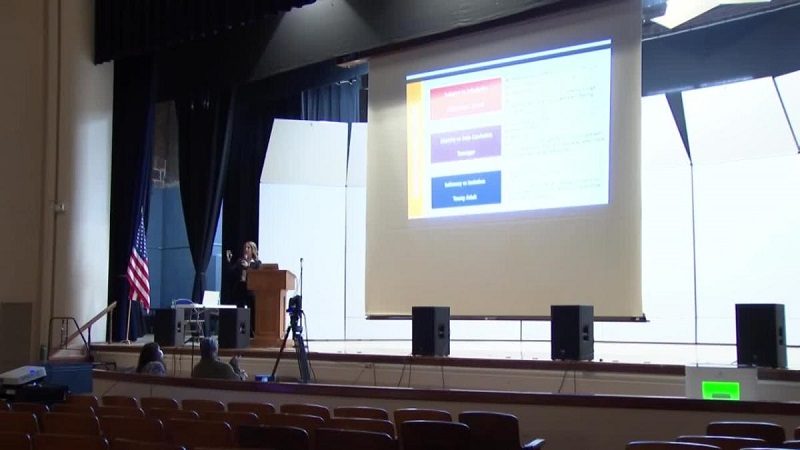Local News
Experts discuss violence, social media, and mental health with parents in Montana

Billings, Montana – During a meeting with parents and staff in Billings School District 2, a nationally recognized psychologist discussed the impact of social media on children.
On Monday night, Dr. Lisa Strohman spoke at the Lincoln Center Auditorium about social media and mental health.
She said that social media influence can occasionally result in violence and offered parents some tools to help their kids.
Both the August event and the West High School incident that was made public this week were videotaped and shared on social media.
“Violence is the one sure thing that they know how to do and how to perpetuate that online,” said Strohman.
Over her 23 years as a clinical psychologist, Strohman has worked with hundreds of families and children.
According to her, despair and anxiety might occasionally inspire someone to take up a task or commit a crime that can be shared on social media.
“Kids are developing,” Strohman said. “Their brains are very, very naive. They’re trying to find a cohort that they can blend in with. And so we tend to see those kids that are kind of those bad actors and violence kind of come together and go out and create these pockets of issues of disturbing the peace or vandalism or things like that.”
Along with discussing gaming, substance misuse, and pornography, Strohman asserts that children raised in a social media environment may grow up to exhibit negative habits.
“They’re trying to figure out who they are as a person,” Strohman said. “And instead of having their families come in and give the primary influence, it’s now peer and online worlds in social media that are influencing them at the highest rates.”
The struggle and task for parents is to lessen such impact.
“You kind of feel like you’re a hostage as a parent because you don’t want to take away their friends,” said Jeff Stock, a parent. “You don’t want to take away their ability to have friends and to communicate.”
According to Strohman, parents may set a positive example by monitoring their own screen time and keeping an eye out for behavioral changes.
“Are they eating the same?” Strohman said about questions parents can ponder. “Are they smiling as much? Are they spending more time in their room? What are the things that you’re recognizing, those behavioral signs that you as a parent can come in and say hey, what’s going on?”
That’s the knowledge that certain parents require.
“Just being conscious and being present is extremely important.” Stock said.
“We have to be able to give them the lessons and the education so that they can use it for good and not for evil,” Strohman said.






Leave a Reply